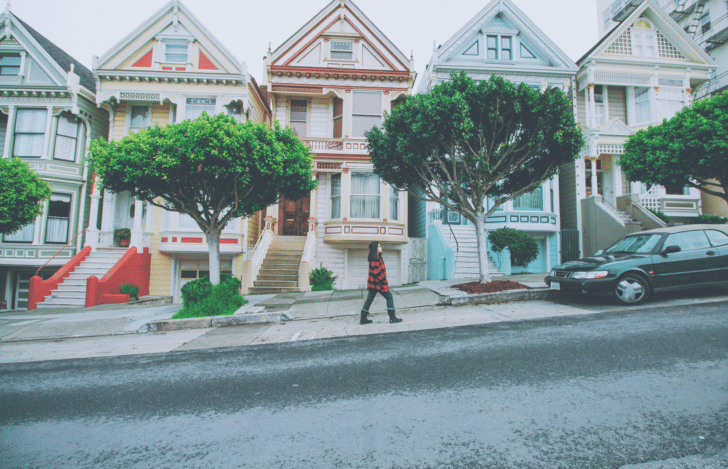What are Tenants’ Rights in Illegal Units?

12Sep
What are Tenants’ Rights in Illegal Units?
In San Francisco there are thousands of apartments that are illegal. An illegal unit is a residential unit that is being rented out for residential use but lacks a separate Certificate of Final Completion and Occupancy (CFC). In California, it is illegal for a landlord to rent out a unit that lacks a CFC or collect rent from a tenant. While these units may be perfectly safe or look “normal” these units were built without going through the necessary permitting process, and thus the City has not signed off on them.
Renting an illegal apartment can pose risks to tenants. Common issues that tenants in illegal units deal with include: unlivable conditions such as water leaks, sewage backflow issues during rain storms, mold/mildew, increased risk in the case of fire, and pest infestations.
Identifying an Illegal Apartment
The San Francisco Department of Building Inspection is responsible for inspecting residential rental units and determining if they meet local zoning and building codes before a CFC is issued, which is required for the unit or building to be legally rented.
There are some indicators to look for if you think your rental unit may be illegal. Common forms of illegal apartments include:
- A unit in a basement or attic
- “In-law” apartments
- Converted Garage apartments
- A unit that does not have its own mailbox or address
- Apartments with a letter “A” or “one half” (1492A or 1492 ½ for example)
Many single family homes in the Richmond and Sunset Districts have illegal “granny” or “in-law” units in the basement that were built in the 1950s or 60s without permits. Illegal units are often created when a landlord converts a property, such as a garage, basement, or other space, into a rental unit without obtaining the necessary permits and inspections. However, even a “normal” apartment can be illegal if it does not meet the city’s residential building codes. For example, a unit without two means of egress or very low ceilings may be an illegal apartment. Units that fail to meet health and safety codes, like those related to electrical wiring and plumbing, can also be categorized as illegal.
Do Some Research Before Signing a Lease
Before renting an apartment, especially one that meets any of the criteria above, it’s a good idea to verify legal occupancy status. The CFC is a public document, and you can request a copy through the city’s Records Management Division. You can also look up properties on the City Planning Department’s Mapping website to see how many units are listed. For example, if the property in question says 1 Unit, but you know there are two, chances are the second unit is illegal.
Tenants Living in Illegal Units Still Have Rights
Tenants in illegal units have rent control and eviction protections under the San Francisco Rent Ordinance, regardless of when the unit was built. While the Rent Ordinance generally only protects tenants living in units built before a certain time period (for rent control, June 1979), illegal units are automatically covered by the Ordinance. Landlords have a duty to provide tenants in illegal units with a habitable, safe place to live.
Tenants in Illegal Units May Have a Right to Compensation
Landlords are not allowed to collect rent on illegal units, and tenants may be entitled to reimbursement for rent paid while residing in an illegal unit. If the Department of Building Inspection learns that an owner is renting out an illegal unit they may compel the landlord to legalize the unit. This can be a complex process for landlords and tenants alike so it is generally better not to notify the Building Department until you have discussed your options with an attorney in order to best protect your tenancy.
Speak with a Tenant’s Rights Lawyer
Addressing the issue of an illegal apartment and taking proper action for tenants requires an understanding of local housing laws, regulations, and legal remedies. If you live in an illegal apartment with safety issues or building code violations, reach out to the tenant attorneys at Wolford Wayne to discuss your rights.
We can assess the situation, determine if filing a claim is in your best interest, and, when necessary, take the appropriate legal action to hold your landlord accountable. Contact us today to learn more.
Related Posts You Also May Like
Get Started
For more information or to discuss your legal situation, call us today at (415) 649-6203 for a phone consultation or submit an inquiry below. Please note our firm can only assist tenants residing in San Francisco, Oakland & Berkeley.





